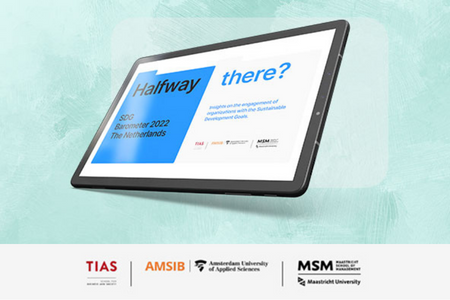Closed borders do not reduce migration
Closed borders and other restrictions on the free movement of people do not reduce migration in the long term, nor do open borders necessarily lead to mass migration. This is one of the main conclusions drawn by Simona Vezzoli, who will defend her thesis on Friday 20 November at Maastricht University. Vezzoli researched how border regulations and independence in the short and long term influence migration in the Caribbean. 'The idea that everyone in developing countries would leave if they could is not supported by scientific evidence. It says more about the fear in the destination country,' says Vezzoli.
Public debates about migration regularly call for stricter border controls to prevent 'unwanted' migrants from entering the country. In her dissertation, 'Borders, independence and post-colonial ties: the role of the state in Caribbean migration,' Vezzoli focuses on Guyana, Suriname and French Guyana. She found that between 1950 and today, migration restrictions following the independence of Guyana and Suriname unintentionally led to a spike in the number of migrants, while similar peaks were not seen in the absence of migration restrictions, as was the case in French Guyana. Open borders tend to bring about more circular mobility, including shorter visits and return migration. Her research also found that governments, particularly in the countries of origin, play an indirect role by introducing policies that do not involve migration. These include political and socioeconomic policies and stability in the homeland. Strong ties between former colonies and colonisers following independence often lead to increased migration to the former coloniser. On the other hand, strengthening relations with other countries through trade, education or media attention appears to broaden the horizons of migrants with regard to the destination country, which can divert migration flows to new destinations.
Also read
-
A breakthrough in cultured meat research-animal component free production
-
The Netherlands Organisation for Scientific Research (NWO) has awarded a grant under the SGW open competition to a research proposal written by Prof Dr Math Noortmann (Institute for Transnational and Euregional cross border cooperation and Mobility / ITEM) and Prof Dr J.B.M. Koning (UM School of...
-
Since the 2015 adoption of the Sustainable Development Goals (SDGs) and the 2030 deadline, the first Dutch national SDG Barometer study shows that there is a lot to be optimistic about.


